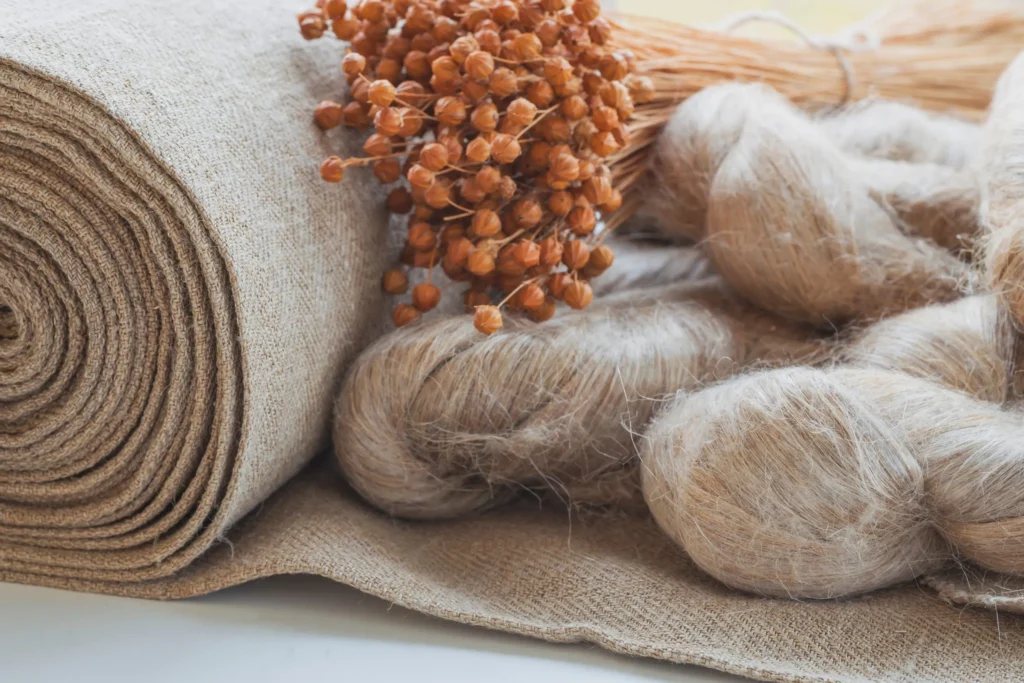Does Bespoke Tailoring Meet the Need for Sustainability?
Can bespoke tailors claim that they support ecological sustainability? In a word, yes. Bespoke is the most sustainable type of manufacture for clothing. Nothing is wasted because the tailor orders only as much cloth as he needs, and thread, padding, canvas and other materials are applied with a stingy hand (because of the cost).
But it starts further back in the supply chain. Wool comes from sheep, as we all know. Highly sustainable, wool simply grows back each year on the same sheep, to be sheared by the farmer. How sustainable is sheep farming? That’s a valid question, because sheep do eat up the grass. However, as long as the fields are not over-grazed, farming is sustainable.
Wool is cleaned, combed or carded and spun – there are some chemicals used in treating the fibres, but overall, the production of wool has minimal impact on the environment, and certainly does not waste resources. In terms of production itself, a bespoke tailor’s workshop generates very little in the way of carbon emissions, using no more power than the average household, and generating no smoke, fumes or toxic vapours.
Cotton is a different story: Organic cotton farming is costly and difficult for small holders, who make up the bulk of Indian cotton farmers, for example. Pesticides and insecticides are used extensively, and cotton farming tends to damage the soil over time. However, efforts are under way to produce organic cotton, or cotton from sustainable sources.
Linen, in the same way, is farmed. It is thought that flax has been cultivated for over 20,000 years. Growing flax does depend on pesticides, because flax cannot grow where there are weeds, but flax uses a fraction of the amount of water required by cotton (a plus). Another benefit of flax plants is that they are not only used for linen, but for flaxseed oil and linseed oil. Finally, flax plans are great absorbers of CO2.

So much for the fabrics. Getting back to bespoke tailoring: the tailor orders wool, cotton or linen in the quantity required (usually around four yards for a suit), and there is very little left over (patterned cloth is a little more wasteful, simply because you need more to line up the patterns). Any extra can be used in test-of-fit garments.
Is bespoke clothing recyclable, meaning does bespoke tailoring support the cyclical economy? Yes, and no. Bespoke clothing tends to last a long time, because it is well made and bespoke customers tend to go for quality rather than quantity (some achieve both). Thus, they tend not to throw their clothes away, but often pass them on to the next generation. But because of its quality, assuming that the fabric is of a relatively heavy weight, bespoke suits, jackets and trousers make excellent vintage pieces, and can be passed around from owner to owner for many years.
Altogether, bespoke clothing makes sustainable sense. As farming techniques improve, cotton and linen are likely to require less pesticide and become more environmentally friendly. The fabric is natural and renewable, very little is wasted, and people do not throw away their bespoke clothes. The process, being largely by hand, generates very little in the way of pollution. Can recycled fabric be used for bespoke work? Of course, provided that it is strong enough. No doubt as the quality of recycled wool, cotton and linen improves, bespoke tailors will make more use of recycled fabrics.